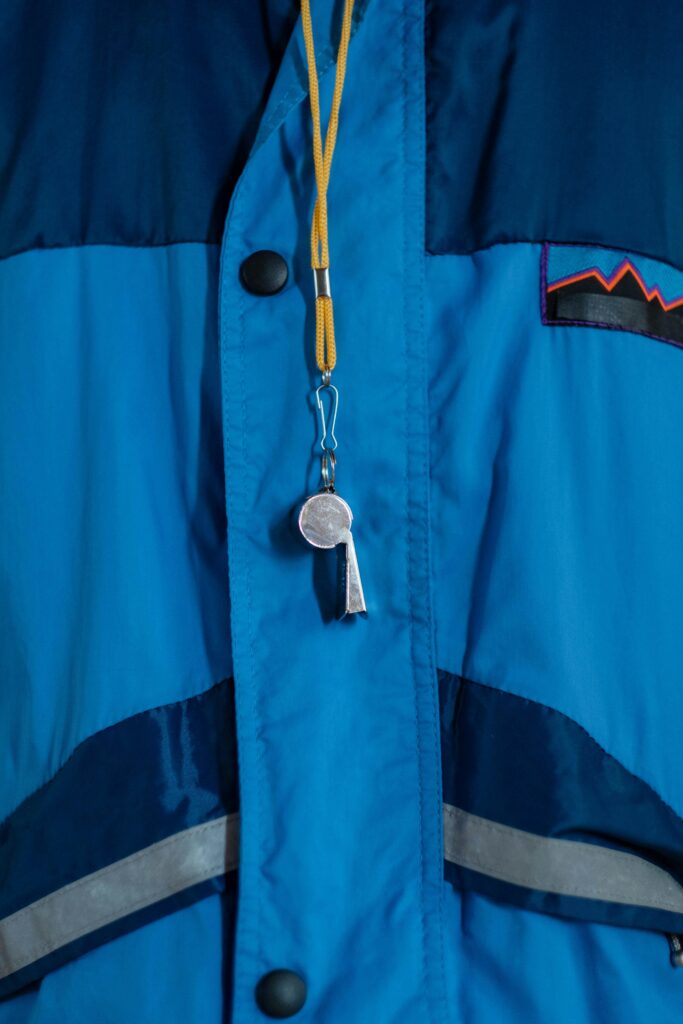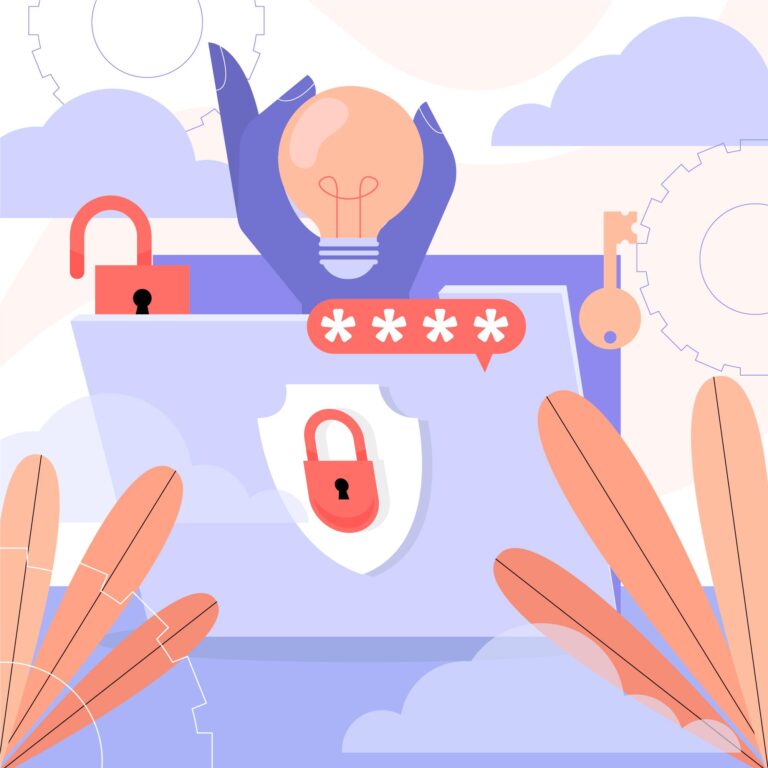The DOJ’s Whistleblower Pilot Program
Does the Pilot Program undermine your compliance program?
Newsflash! The US Department of Justice wants to pay you for leads! And in doing so, it could dangerously undermine incentives to internally report misconduct.
In her keynote remarks at the American Bar Association’s 30th National Institute on White Collar Crime (March 7, 2024), Deputy Attorney General Lisa Monaco (DAG Monaco) discussed her priorities in corporate law enforcement. (All quoted sentences are extracted from these remarks.) She discussed corporate recidivism, corporate enforcement policies, the increasing number of individual enforcement actions, and the Compensation Incentives and Clawbacks Pilot Program. And…she also announced a new pilot bounty program to incent whistleblowing to the DOJ.
Of course, corporations can blow the proverbial whistle if they find criminal misconduct during acquisition due diligence. In fact, they are encouraged and expected to do so. Individuals can also blow that whistle, and a good corporate compliance program is designed in part to ensure that concerned individuals report good faith concerns internally. An effective program is one that demonstrates credible organizational justice. Reporters trust the company to investigate, stop the problem, and implement corrective action without government involvement (that almost by definition paralyzes corrective actions as a company prepares for its legal defense).
Making a parallel to the “Wanted” posters across the Old West, DAG Monaco now wants to “coax tipsters out of the woodwork,” i.e., to entice people to report misconduct in exchange for money. On March 7, she announced the launch of a 90-day “sprint” for the Criminal Division to develop and implement a pilot program to provide monetary awards to individuals who bring information that assists the DOJ in “discover[ing] significant corporate or financial misconduct – otherwise unknown to [them].” While not yet launched, the pilot program will apparently be governed by certain guidelines. For example, reward money would only be offered:
-
- After the victims have been appropriately compensated;
-
- To individuals who provide truthful information of which the government is not already aware;
-
- To individuals not involved in the reported misconduct; and
-
- Only where there is no existing monetary or financial incentive for the disclosure.
DAG Monaco was very clear about the key piece of the program: the information has to be original and unknown to the Department: “When everyone needs to be the first in the door, no one wants to be the second,” no matter how they became aware of the misconduct to be reported.
Ironically, this undermines one of the main purposes of an effective compliance program: the incentive to internally report to the company instead of externally reporting to the DOJ. Why would a whistleblower report internally, risking delay, retaliation, and the loss of the first mover bounty advantage, when they can report to the government and potentially get rich?







